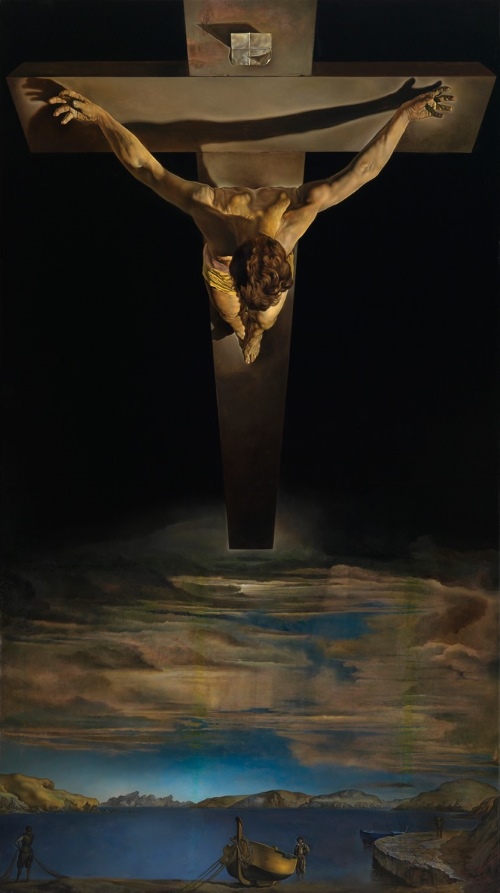I have a confession to make. Although it’s only October, I’m
already listening to Christmas carol. Not because I’m already counting down the
days to Christmas. Nor is it just because I am a winter person, although I undoubtedly am.
No, I’m already listening to Christmas carols because they
remind me that my faith is not something abstract.
So often, the truths of my faith seem distant. I enjoy listening to debates on the existence of God. I find it interesting to think about God’s eternal nature, His infinite love and His capacity to
do all things.
Interesting, but abstract. Those truths seem barely relevant on a crowded, late-running bus, in the midst of political
uncertainty or in a workplace reeling from a savage corporate restructure.*
But when I listen to Christmas carols, I’m reminded that the
event at the heart of my faith took place at a particular time in our world.

That’s not true of every faith. For many religions, God
belongs to a separate, spiritual realm. He remains indifferent through our pain
and uninterested in the tedium of our day to day lives. The Welsh poet,
Gwenallt, describes this abstract God well in his poem Y Cloc (The Clock): **
Some religions have
forgotten the clock.
They kill its
hours, minutes and seconds.
Instead, they ascend to the Absolute in all its immensity.
There, they stare
at the self-indulgent drama of its power;
A play with no
prologue nor epilogue, with neither scenes nor acts,
Rehearsed on some
curtainless stage far above our world.
But in Christianity, the abstract enters into our physical
world. Though present everywhere, God lived in a single place and time. His
eternal nature becomes bound by a body ready to die and decay. His infinite
love becomes dependant on the imperfect love of His earthly parents. His
capacity to know all things is crammed into a human mind. Though remaining
all-powerful, He becomes constrained by the need to sleep and eat.
Through Jesus’ life, we see the abstract side by side with
the physical. As He speaks with strangers, he somehow seems to know them better
than they know themselves. Waking up
after falling asleep at the bottom of a boat on the Sea of Galilee, He stands
up and silences the storm around Him.
And though He cries when He sees the body of His friend, He later welcomes
that friend back from the dead.
But Christ descended into the seasons of this world,
Turning His hours,
minutes and seconds
Into the
revelation of God in word and deed.
Then He finished
His plan for the salvation of man
At three o’clock
in the afternoon.
 |
| Man Crucified in a Dump, Tomás Sánchez |
And, as His life draw to a close,
we see these abstract truths, though seemingly distant, transform the physical
world around us. The all-powerful God remains
too powerful for death. When bound by time, His eternal nature ends up conquering
the clock. And through His infinite love, He shares that conquest with His Church.
No longer
could the all-powerful clock
Carve up time for
the Saviour of men,
And so He
delivered to His Church, though they were still in this world,
His conquest over
the clock.

* Not thinking any person in particular…
** This is my own rough translation.
In the original Welsh, the poem is far more beautifully written.